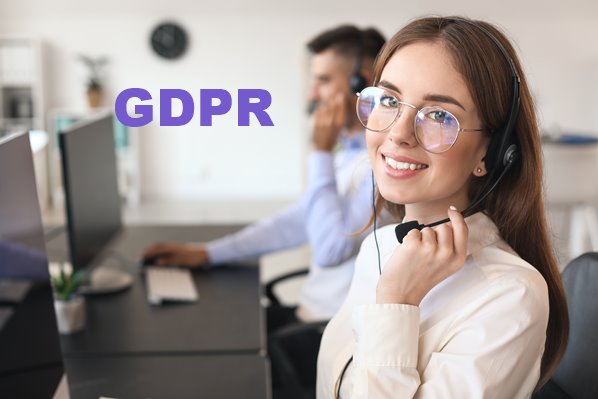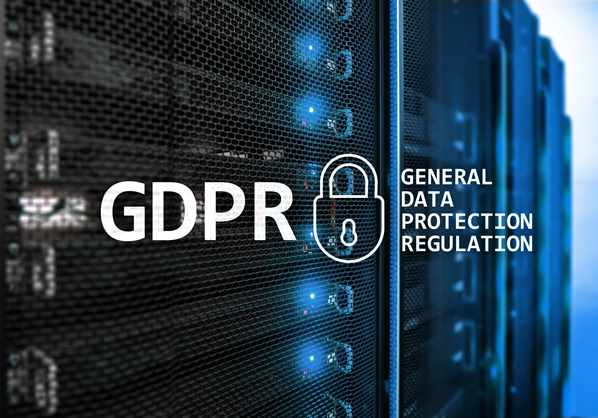
Understanding and complying with data protection laws is paramount, especially for businesses engaging in call recording.
The introduction of the General Data Protection Regulation (GDPR) in May 2018 marked a significant shift toward protecting personal data privacy within the European Union (EU). But what does this mean for organizations that record calls?
What Is GDPR?
Before we get into the specifics of call recording, it’s important to grasp the essence of GDPR. The GDPR is a comprehensive data protection law that imposes strict guidelines on how personal data is collected, processed, stored, and shared within the EU and the European Economic Area (EEA). It aims to give individuals more control over their personal data while also leveling the playing field for businesses.
The Foundation of Call Recording under GDPR
Under GDPR, call recording is considered a form of data processing, meaning it requires a legal basis to be justified. There are six lawful bases for processing data under GDPR, but when it comes to call recording, the most relevant are typically:
For businesses to record calls legally under GDPR, they must ascertain and document which of these lawful bases applies to their situation and be prepared to explain this clearly to those affected.

Key Rules of Call Recording under GDPR
Using Call Recordings Responsibly
Given the potential risks and the hefty fines for non-compliance, responsible usage of call recordings is more than just a legal obligation—it should be a core business ethic. Implementing stringent data protection practices ensures not only adherence to GDPR but also enhances business reputation and consumer trust.
Navigating the depths of GDPR can be challenging, but understanding the impact on call recording and adapting accordingly is indispensable. Protecting personal data is not just a regulatory matter but a reflection of an organization’s integrity and respect for individual rights.
Share this:
on Twitter
on Facebook
on LinkedIn










